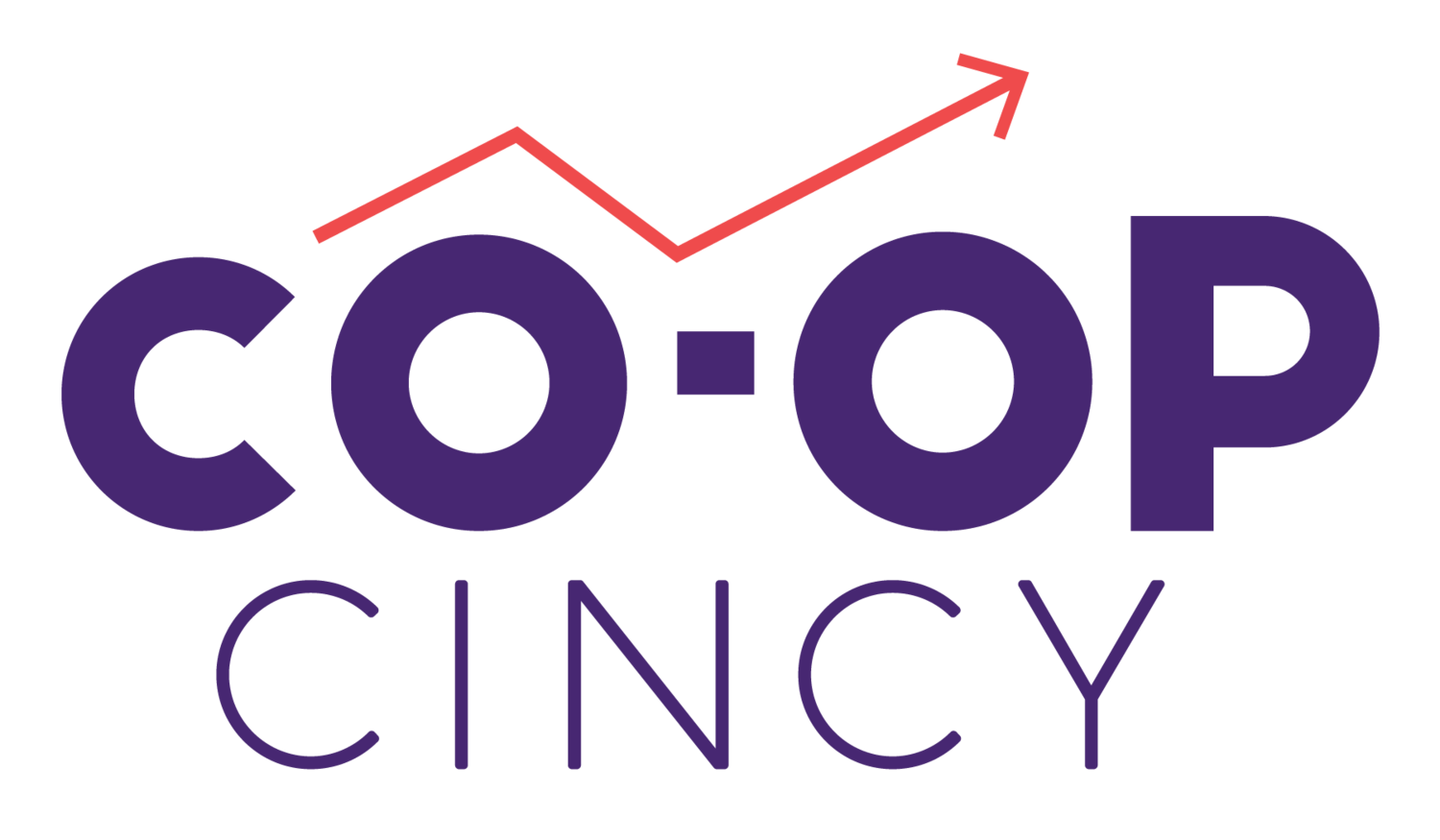By Ellen Vera
To build an equitable economy in Greater Cincinnati and save jobs from an upcoming wave of business-owner retirements, business and government leaders should embrace worker-ownership, a proven economic strategy.
Shine Nurture Center, a local childcare center, officially became worker-owned in 2022.
As in the rest of the country, Greater Cincinnati faces an unprecedented wave of retirements by baby-boomer business owners, a shift known as the “silver tsunami.” More than 40% of the country’s 30.7 million small business owners are 55 and older. These owners are in search of ways to ensure their retirement and legacy. Their businesses provide important products, services, and–importantly–jobs. To let them close would have a devastating and unnecessary economic impact.
In addition to these retirements, our local economy faces severe inequality, according to Building Legacies, a report from the Ohio Employee Ownership Center. Since 1973, top earners in Ohio have accounted for nearly 86% of all income gains. In contrast, the bottom 90% have seen negative income growth.
The Covid-19 pandemic and recession have only exacerbated these challenges. To save local jobs and make our economy fairer and stronger, we should turn to worker-ownership. And to do that, we should help retiring business owners sell to their employees.
“Worker-ownership is a proven economic strategy, with a long history.”
Why worker-ownership? Worker-ownership is a proven economic strategy, with a long history. In the Basque region of Spain, which has a population size similar to Greater Cincinnati, the Mondragon network of worker-owned businesses has produced long-term growth and stability. In the U.S., worker-ownership is already a significant part of the economy. About 12% of the U.S. workforce is employed at worker-owned enterprises, according to the Harvard Business Review. The worker-owned model is flexible and has variations, from employee stock ownership plans (ESOPs) to worker cooperatives.
Research shows that worker-ownership offers worker, company, and community benefits, including higher wages, greater business stability, and even better productivity. All of this makes logical sense. If you give a worker a stake in the company, they will do a better job.
Co-op Cincy is working to address the challenge of business-owner retirements and economic inequality by helping local businesses become worker-owned. Our multimillion-dollar Business Legacy Fund enables retiring or departing business owners to sell their companies to their employees, preserving jobs while securing fair-market value for their business. Having a diverse set of business models can build resilience and stability in our local economy. Having worker-owned businesses offers that stability. Our Fund, now in its 3rd year, is searching for new businesses to transition to worker-ownership. Applications are due by November 15.
“There are more than 65 worker-owned businesses in Greater Cincinnati, and that number is growing. ”
There are more than 65 worker-owned businesses in Greater Cincinnati, and that number is growing. This year, our Business Legacy Fund helped two local businesses adopt the worker-owned model, and we are in discussions with more firms. The recent transitions show how this model can broaden ownership to individuals from historically marginalized groups.
Heritage Hill, an apparel company that celebrates Black culture, officially became worker-owned in 2022.
One of the businesses we transitioned, Shine Nurture Center, is a nature-oriented childcare center. Five female employees purchased the business from the departing owner, helping preserve this important resource for the community. The other, Heritage Hill, sells apparel that celebrates Black culture. The founder broadened ownership to a team of three worker-owners, all of whom are Black.
The new worker-owners have a stake in the business, which has opened the door to wealth-building for their families. “If I plan on being here for 10 years, why not be an owner?” said Mary Wilder, a worker-owner at Shine Nurture Center. Brandon Hoff, the founder of Heritage Hill, said he transitioned the business because he was looking for a way to "participate in capitalism without being predatory." He added, “I really want people who work in the company to have an opportunity to benefit from the company.”
“Brandon Hoff, the founder of Heritage Hill, said he transitioned the business because he was looking for a way to ‘participate in capitalism without being predatory.’”
Worker-ownership can bring big economic rewards to Greater Cincinnati. By embracing this viable economic model, business and government leaders will help build wealth for local families, preserve jobs in the face of business-owner retirements, and anchor businesses in the community.
Ellen Vera has organized people from diverse backgrounds to improve their workplaces for more than a decade. She co-founded Co-op Cincy to develop a more sustainable model of wealth-building with marginalized communities.




